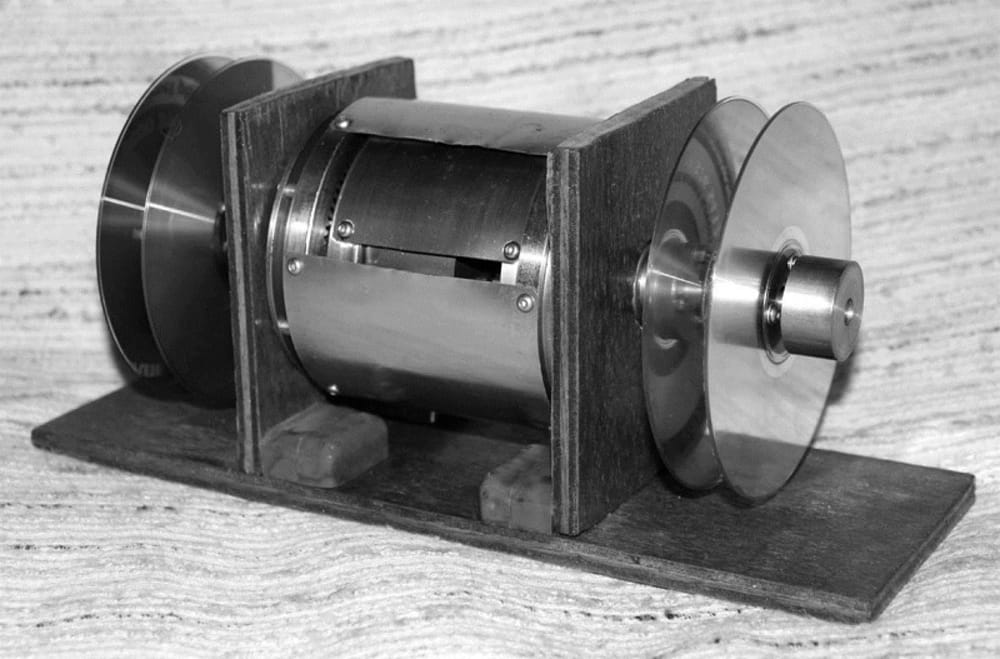
A novel type of planetary shift transmission has been designed with reduced parasitic losses. Instead of oil-immersed multi-plate clutches, a small number of external dry-friction devices is used to engage the six available gear ratios. With dry friction, the application force, and the drag when disengaged, are significantly reduced.
Efficiency has become a key objective for transport systems, because of the rising cost of fuel, and concern about the effects of emissions. An holistic approach must be taken to the efficiency of the whole transport system, but the minimisation of losses in the individual elements is critical.
Mechanical power transmission will remain a feature of land transportation, despite wider application of electric drives. The choice of transmission system will depend on the duty cycle, the characteristics of the prime mover engine, and component efficiencies.
The challenge for a mechanical transmission is to provide automated shock-free shifting, in combination with low losses in the gearing and low parasitic losses. Among the parasitic losses, drag in the disengaged clutch elements and power consumed by the shift actuation system are significant.
The new type of transmission provides 6-ratios, which are determined by the ring gear/ sun gear ratios of the planetary gearsets, as well as the fixed internal structure. A program was written in Fortran?77 and used to scan 72 x 10^9 combinations of structure and planetary size ratios.
One arrangement of the new transmission concept provides 5 forward and one reverse ratios, with ratio coverage (depending on the gears) between 4.56 and 5.77. Other arrangements provide three equally-spaced ratios forward and reverse, with coverage of 2.53 or 5.57.
For good shift quality, each shift is made by a single change of control device. Tooth meshing losses are low in the most-used gears. The transmissions may be arranged for ‘through-drive’ or ‘transaxle’ installation.
The concept can also provide 6 forward ratios (without reverse), but for this a double-change of control device is needed.
It is challenging to achieve a useful pattern of ratios. For low mesh losses in a planetary gear, differential action must be small. This causes the overall transmission ratio to be insensitive to the size-ratio of the gearset. A further constraint is that all 6 combinations of the 4 shift devices are used.
The video clip shows the transmission shifting through ratios: Reverse-1-2-3-4 (about 1:1) – 5(overdrive).
Since the friction devices are external, the transmission can function without electronic or electro-hydraulic systems, and the wearing elements are simple to replace. There are no rotating clutches with complex oil feed arrangements. The internal components are conventional gears, bearings, and shafts. Although the new concept has more gears than earlier designs, the construction technology and maintenance is simplified, and severe electro-magnetic disturbance can be tolerated.
The computer search technique could be applied to identify improved transmissions with other target characteristics.
Video
-
Awards
-
 2012 Top 100 Entries
2012 Top 100 Entries
Like this entry?
-
About the Entrant
- Name:Richard Lloyd
- Type of entry:individual
- Software used for this entry:Fortran 77; MathCad; Excel
- Patent status:none

